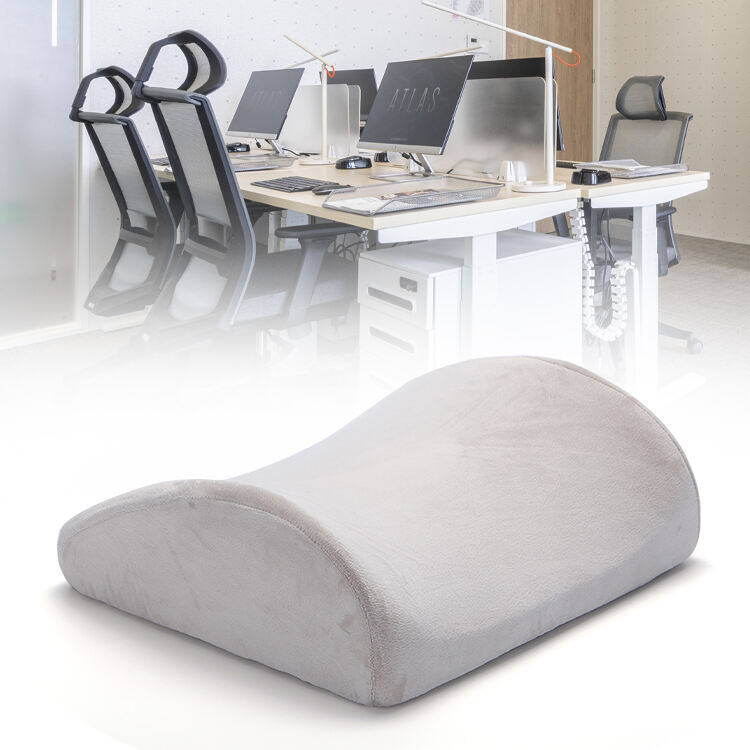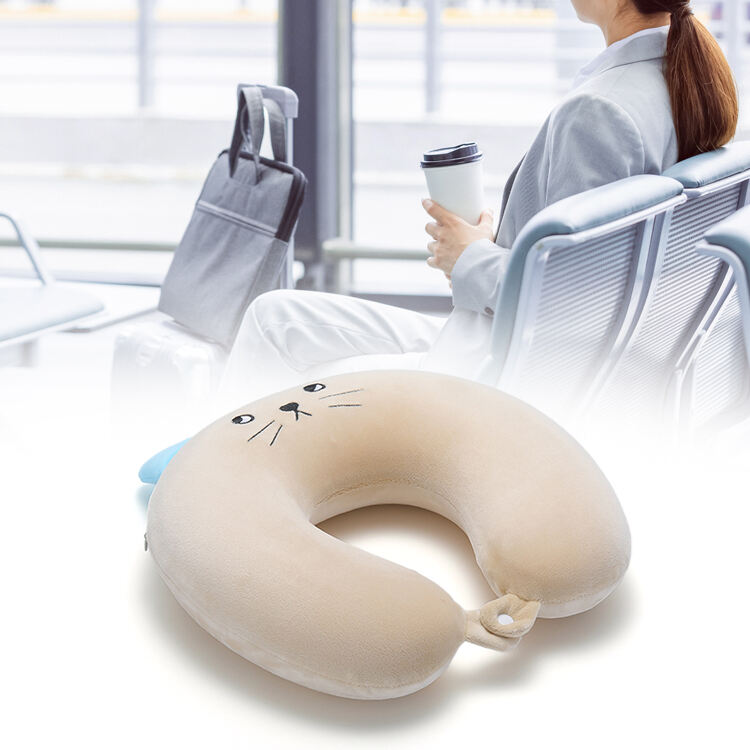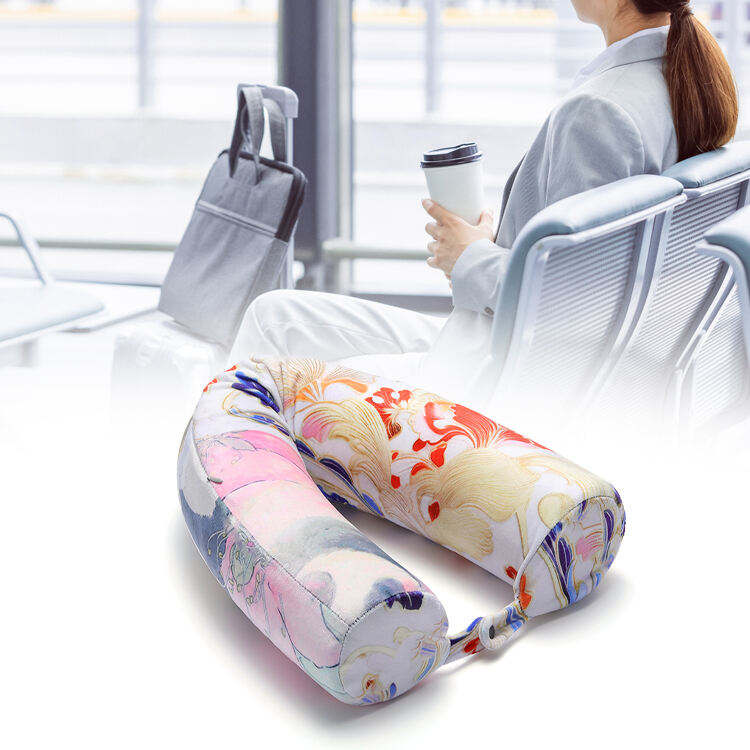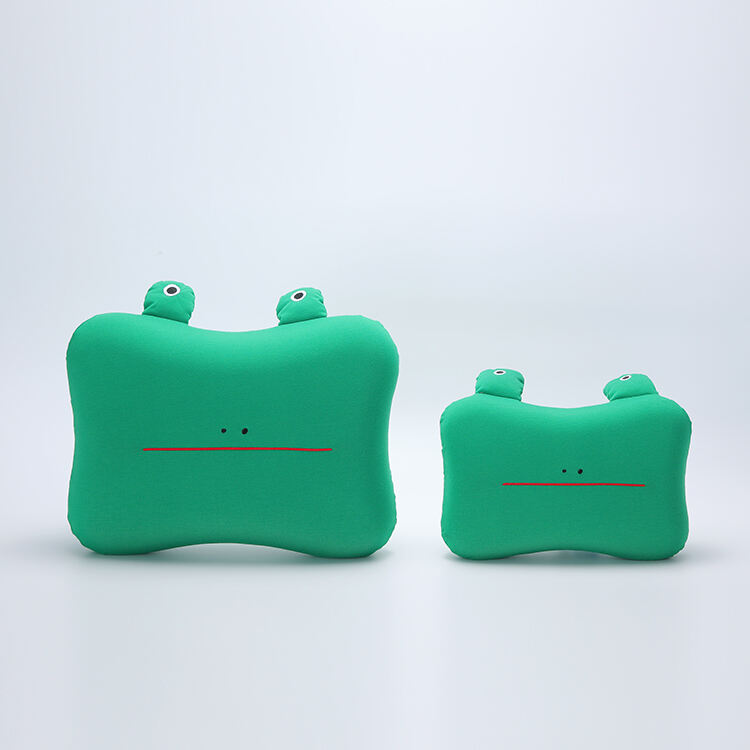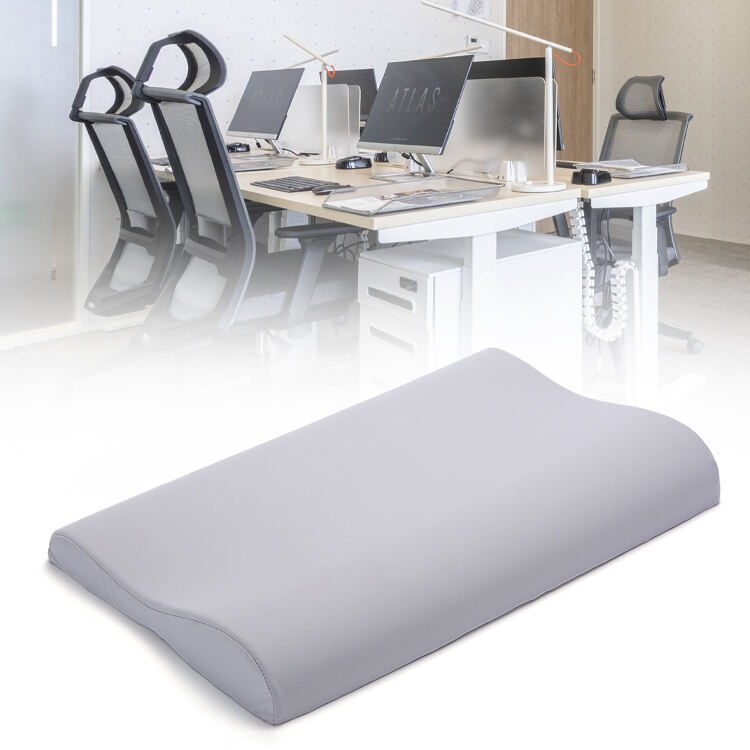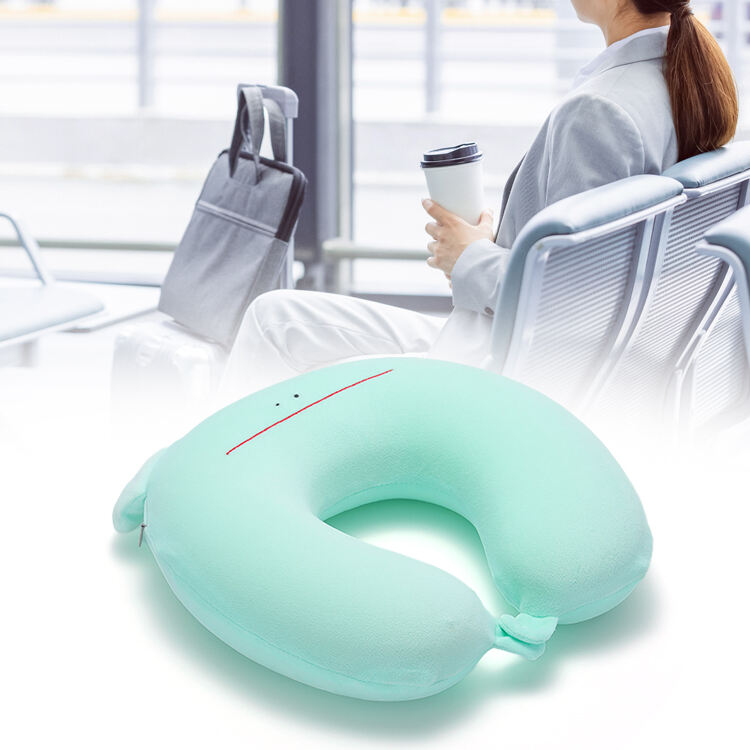The Science Behind Adaptive Sleep Support Systems
Imagine slipping into bed and feeling like your pillow is perfectly tailored just for you. That's the magic of modern sleep technology. Gone are the days of one-size-fits-all pillows. Today's advanced viscoelastic materials are designed to adapt to your body's unique shape and needs. These intelligent foams respond to your body heat and pressure points, molding themselves to provide dynamic support. Whether you sleep on your side, back, or stomach, they keep your spine aligned, helping you wake up feeling refreshed. And the open-cell structure of these materials ensures that air flows freely, keeping you cool while still providing that comforting pressure relief. It's like having a personal sleep assistant that works all night long.
Orthopedic Advantages of Precision-Engineered Support
For those who struggle with chronic pain, finding the right pillow can be life-changing. Anatomically responsive sleep systems are designed to actively reduce the strain on your muscles and joints. Clinical studies have shown that proper cervical support can significantly decrease morning stiffness, especially for those with neck pain. The gradual molding process distributes your weight evenly, preventing those uncomfortable pressure points that can lead to numbness and restless nights. It's like giving your body the support it needs to heal and rest.
Material Innovation in Sleep Surface Technology
But it's not just about shape; it's also about the materials themselves. Breakthroughs in polymer science have led to the development of next-generation foams that are both breathable and durable. Unlike traditional memory foams that can trap heat, these advanced materials feature channeled ventilation systems and even phase-change materials that help regulate temperature. Independent tests have shown that these innovations can improve temperature regulation by up to 55% compared to conventional pillows, all while maintaining the essential pressure redistribution that provides therapeutic support. It's like having a pillow that keeps you cool and comfortable all night long.
Sleep Position Optimization Strategies
Every sleeper is different, and modern pillow design takes that into account. Position-specific engineering means that whether you sleep on your side, back, or stomach, there's a pillow designed just for you. Side sleepers benefit from elevated profiles that keep their ears aligned with their shoulders, while back sleepers need contoured support to keep their airways open. Stomach sleepers, on the other hand, need ultra-low profiles with strategic support to prevent strain on their lower backs. Adaptive designs now even incorporate zoned density mapping to automatically adjust to your changing positions during sleep. It's like having a pillow that knows exactly what you need, no matter how you sleep.
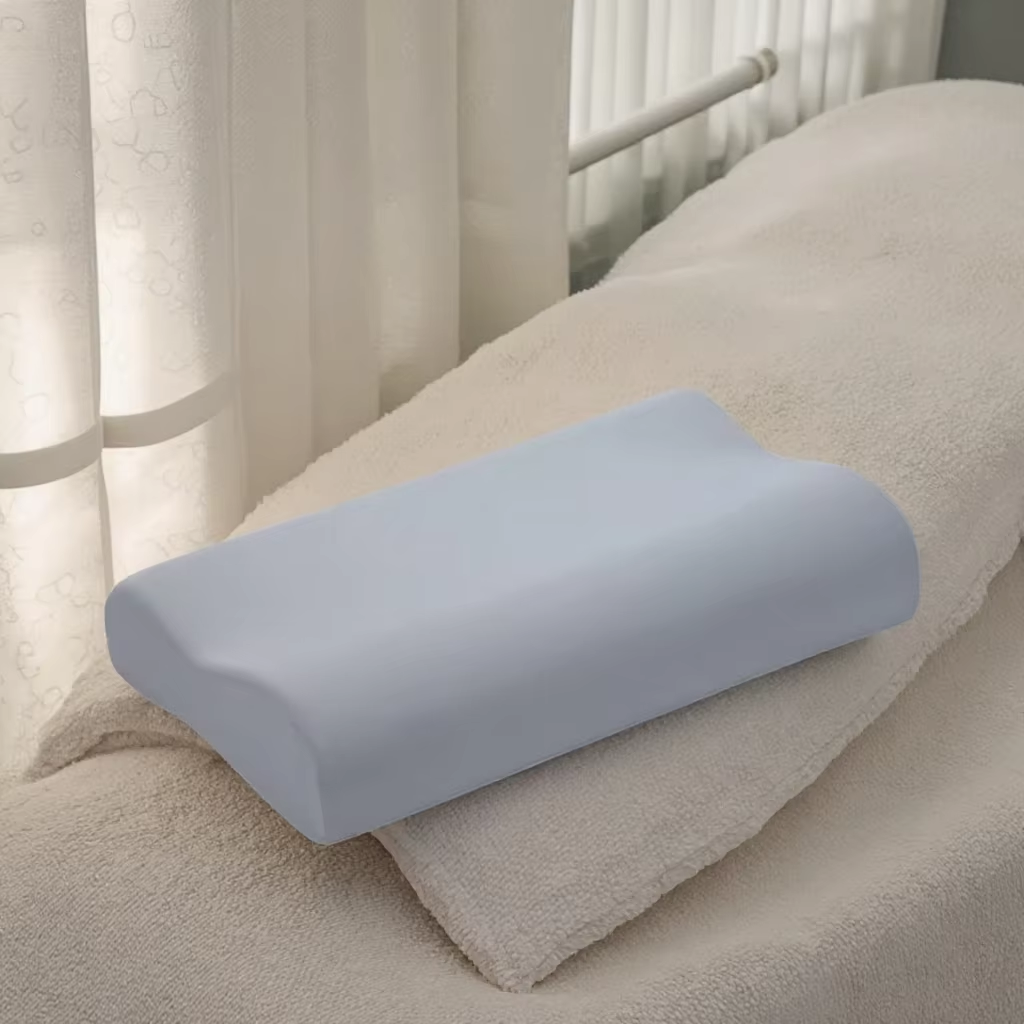
Hygiene Maintenance for Long-Term Sleep Health
Of course, a great pillow is only as good as its ability to stay clean and healthy. Advanced removable covers with antimicrobial treatments provide crucial protection against allergens and dust mites. Look for OEKO-TEX certified fabrics that block allergens while still allowing your pillow to breathe. Proper maintenance, like regular airing and rotation, can significantly extend the lifespan of your pillow. Industry data shows that with proper care, a high-quality pillow can maintain its optimal support for up to 48 months, compared to the 18-month average for neglected pillows. It's like giving your pillow a little TLC to keep it working its best for years to come.
Environmental Considerations in Sleep Product Selection
For eco-conscious consumers, choosing a sustainable pillow is just as important as its comfort. CertiPUR-US certifications are a great way to ensure that your pillow is made with low VOC emissions and sustainable practices. Recent studies have shown that high-quality adaptive foam products create significantly less waste over time compared to cheaper alternatives that need frequent replacement. In fact, the durability of premium materials can offset their initial environmental impact within just 14-18 months of regular use. It's like choosing a pillow that's good for you and good for the planet.
